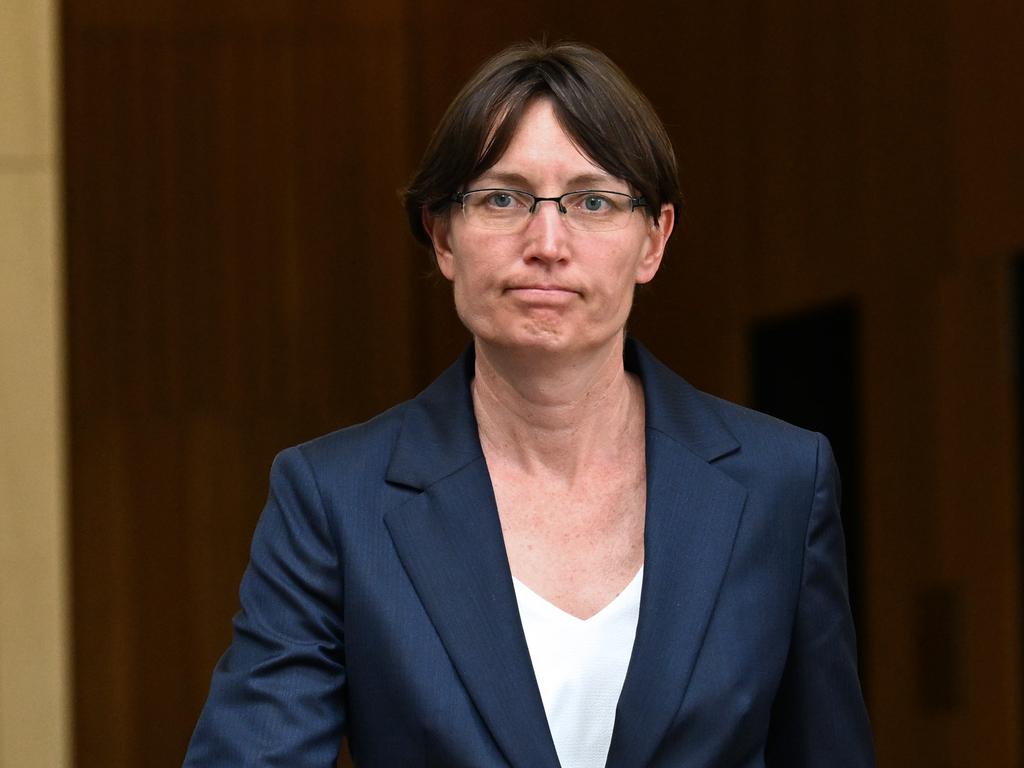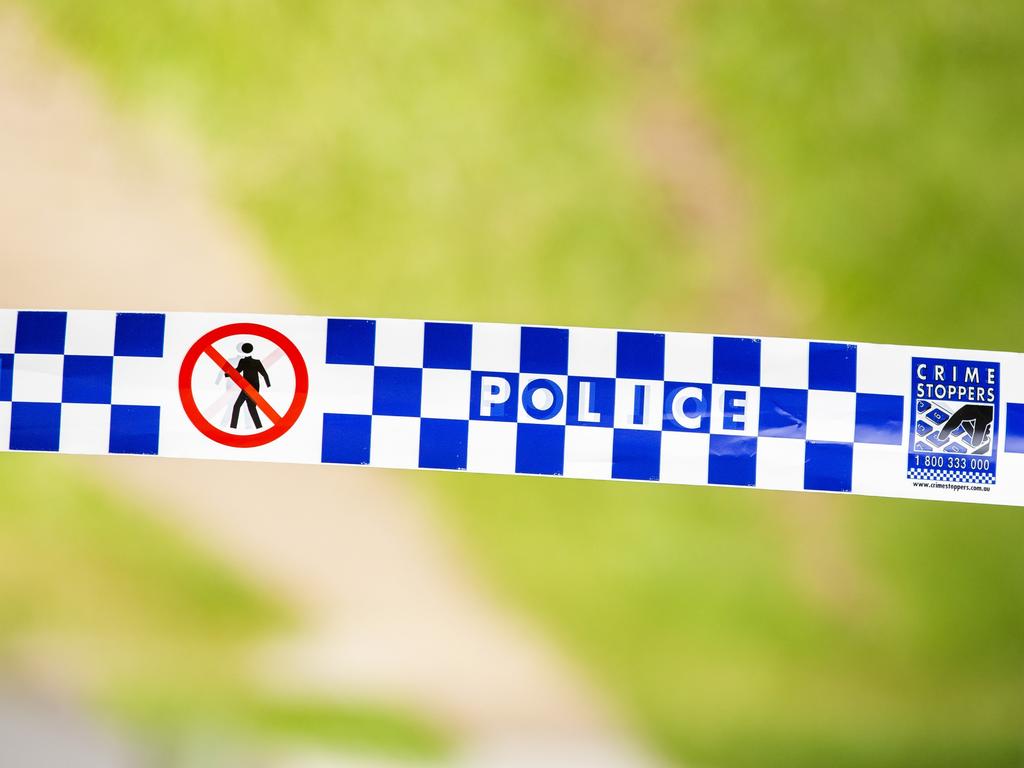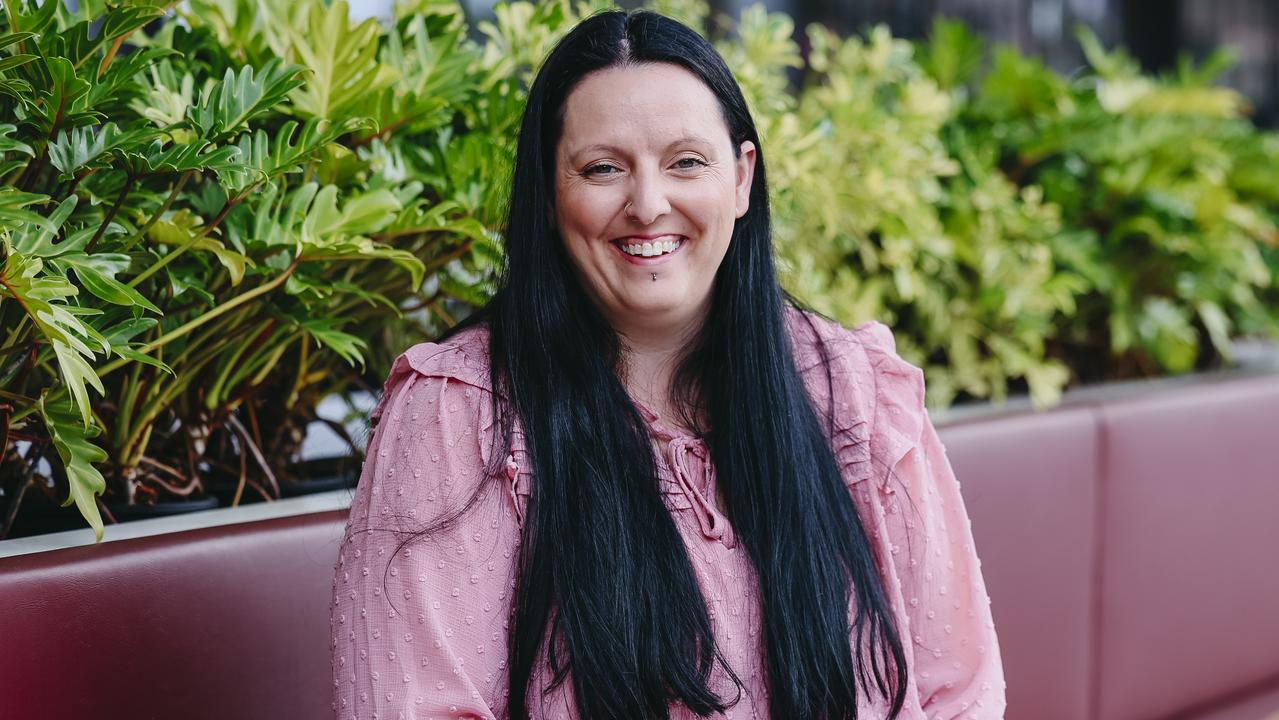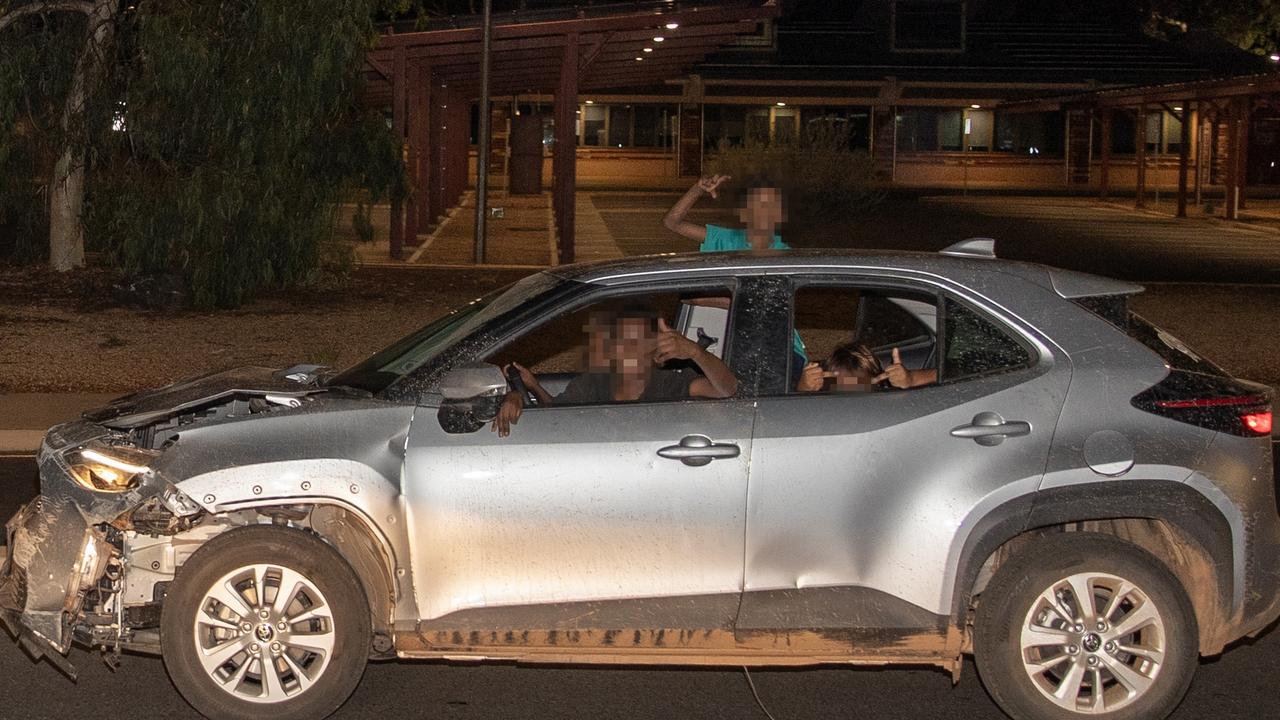Queensland still behind on DNA test methods
A DNA profiling technique that has been ‘revolutionary’ in catching rapists is still not available at Queensland’s forensics laboratory more than six months after an inquiry recommended it be implemented.
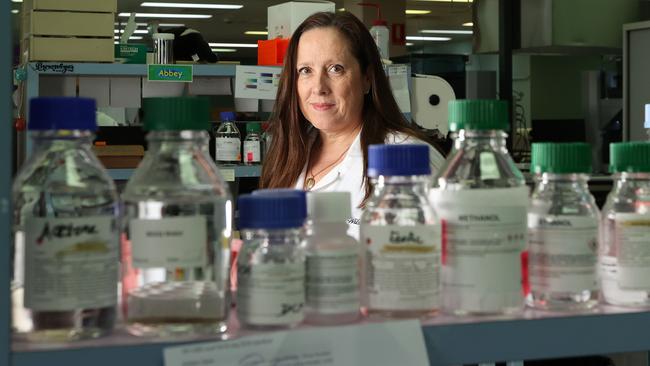
A DNA profiling technique that has been “revolutionary” in catching rapists is still not available at Queensland’s government-run forensics laboratory more than six months after a major public inquiry recommended it be implemented.
Y-STR testing, which enables detection of tiny amounts of male DNA, has been used in NSW since 2009 and available in almost every lab in Australia for at least the past six years.
Former judge Walter Sofronoff KC, who oversaw a public inquiry into Queensland’s DNA testing disaster, recommended that the lab take all necessary steps to implement Y-STR testing “as a matter of urgency”, with the aim of having the method in place by June 2023.
“Y-STR testing is revolutionary for sexual assault investigations,” he wrote in his final report.
“Despite all other Australian forensic service providers offering Y-STR testing, the Queensland laboratory has not been able to complete its implementation.
“This is a failure to operate in accordance with best practice and a lost opportunity to significantly improve the laboratory’s sexual assault investigation capabilities.”
The inquiry, launched as a result of The Australian’s podcast Shandee’s Story, heard Queensland had been trying to introduce Y-STR testing since 2015 but had been “hamstrung” by pressures to turn around results quickly for police and by a lack of research funding.
Although the lab was able to outsource Y-STR testing to other labs, it did so “sparingly”, sending only 10 samples externally in 2022.
Since the Sofronoff inquiry was finalised in December 2022, Queensland has routinely been sending samples to a lab in New Zealand for Y-STR testing.
In a statement, Queensland Health said the lab was “working toward” introducing the testing technique in the first half of 2024 and Forensic Science Queensland’s interim advisory board had endorsed an extension to the original implementation timeframe.
“As with any forensic and DNA service, implementing Y-STR testing is a complex process that takes time to ensure the system can operate effectively,” a spokeswoman said.
“Y-STR samples will continue to be analysed externally while this work is under way.”
Queensland Health was unable to say how many samples had been sent externally for Y-STR testing in 2023 or how many alleged offenders had been identified through the profiling technique because the department’s data analysts were on leave.
In one breakthrough from a 2019 sexual assault case, achieved through external Y-STR testing, previous test results had found no links to the suspect’s DNA.
The Y-STR method targets male DNA on the Y chromosome causing the female DNA in the sample to be made redundant. Significantly, the technology can target trace amounts of male DNA in sexual assault investigation kit samples where semen has not been detected.
More than 100,000 samples from 37,000 criminal cases dating back to 2007 face retesting because of a series of catastrophic problems at the lab.
New laws are expected to pass state parliament this year, which will overhaul double jeopardy exemptions to allow acquitted people to face retrial if new DNA evidence is uncovered during the retesting of thousands of samples.
Under current double jeopardy exemptions, only people acquitted of murder can be retried and only if there is “fresh and compelling” evidence. The new laws will stipulate that samples affected by failures at the lab can be considered “fresh” if evidence is found during retesting.




